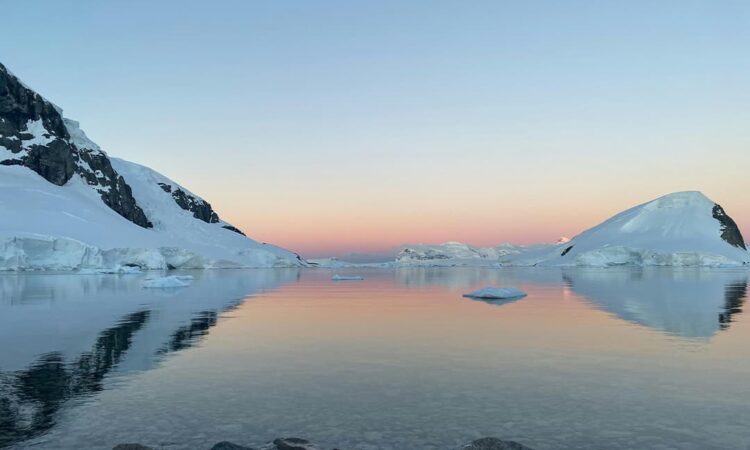Tourists and non-native wildlife transported by ships from around the world threaten Antarctica’s pristine marine system (Antarctica and adjacent parts of the oceans). Invasive species such as mussels, crabs, and algae can alter the ecosystem of Earth’s south polar region and make it difficult for primitive species to survive.
Ships are bringing expansive species of living organisms to Antarctica
Antarctica’s unique marine ecosystem, which includes the mainland Antarctica and nearby parts of the oceans, is threatened by alien living organisms being transported by ships.
According to researchers at the University of Cambridge and the British Antarctic Survey, 1,581 ports from around the world are connected to Antarctica. Ships from these ports are a source of delivery of non-native living organisms to Earth’s south polar region. Invasive (capable of expansion) species of organisms are especially dangerous for the marine ecosystem of the area and lead to the death of local species.
Of concern to scientists are mussels, crabs, crustaceans and algae that can grow on ship hulls and thus be transported to different parts of the world. Mussels survive easily in polar latitudes, so they spread quickly when they reach Antarctica. Small crabs may bring a new form of predation to the waters of Earth’s south polar region. The emergence of such organisms could create a whole new habitat among which it will be harder for unique Antarctic species to survive.
Tourists are harming the Antarctic ecosystem
Tourism in Antarctica accounts for 67% of visits, followed by scientific research – 21%, and fishing – 7%.
For example, more than 70,000 people visited the Antarctic region in the 2019-2020 season. In the 1950s, only a few hundred tourists from Chile and Argentina visited the South Shetland Islands, located north of the Antarctic Peninsula.
The large number of visitors affects the Antarctic environment through accidental release of waste, pollution, excessive noise, and encounters with wildlife. Therefore, tourist ships in this southern polar region of the Earth must follow strict biosecurity protocols. For example, ship hulls must be cleaned, but this is only done at a small group of Antarctic gateway ports. According to scientists, ships should be inspected and cleaned more frequently to avoid the introduction of alien life.
